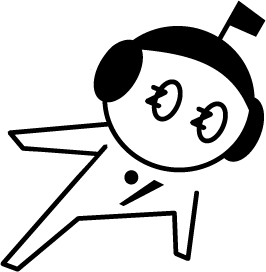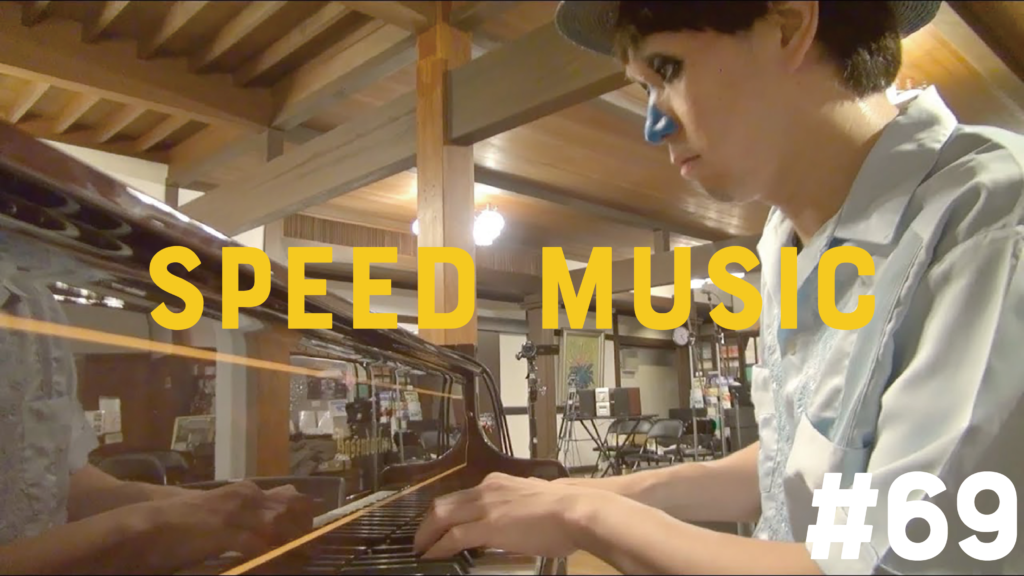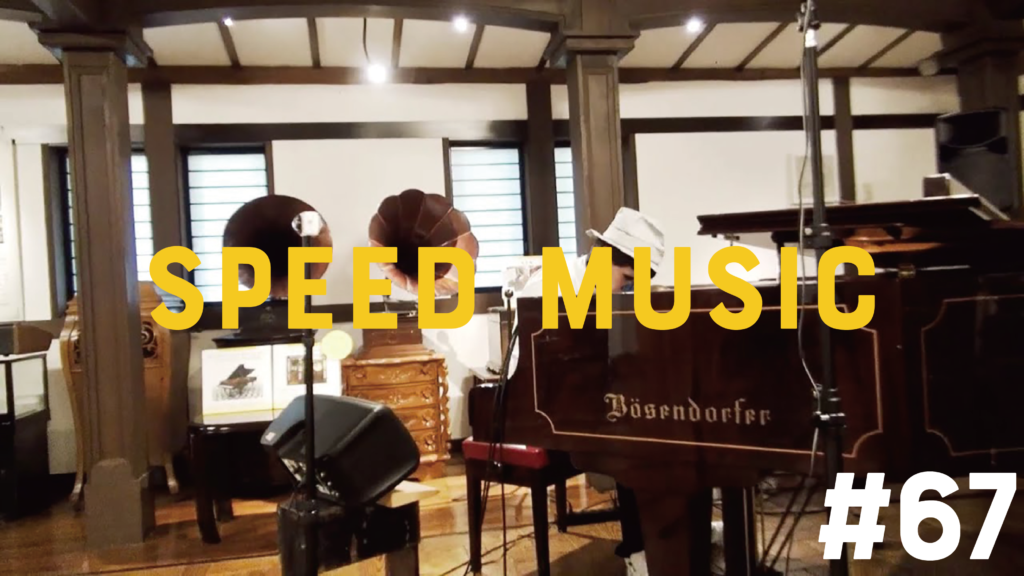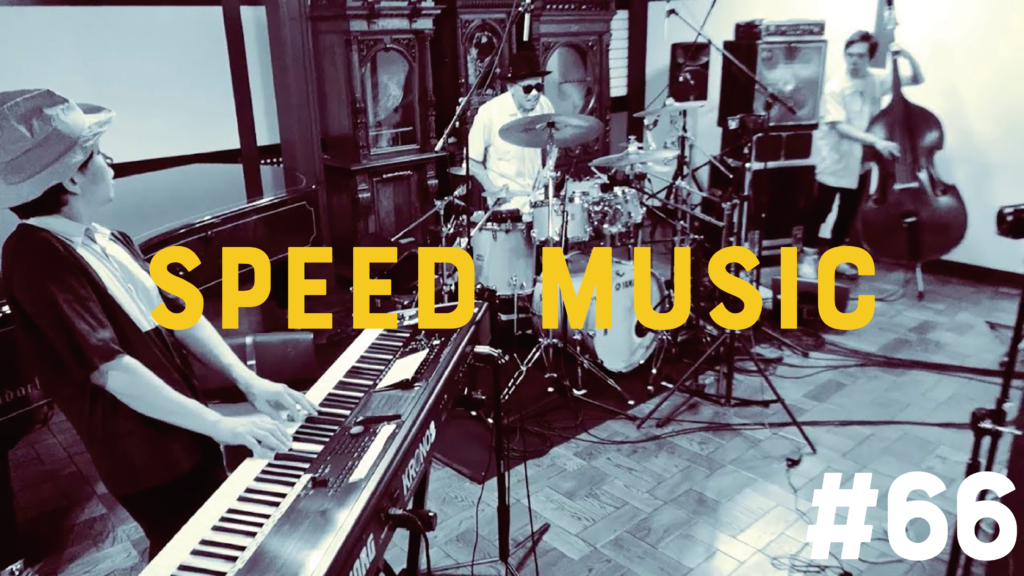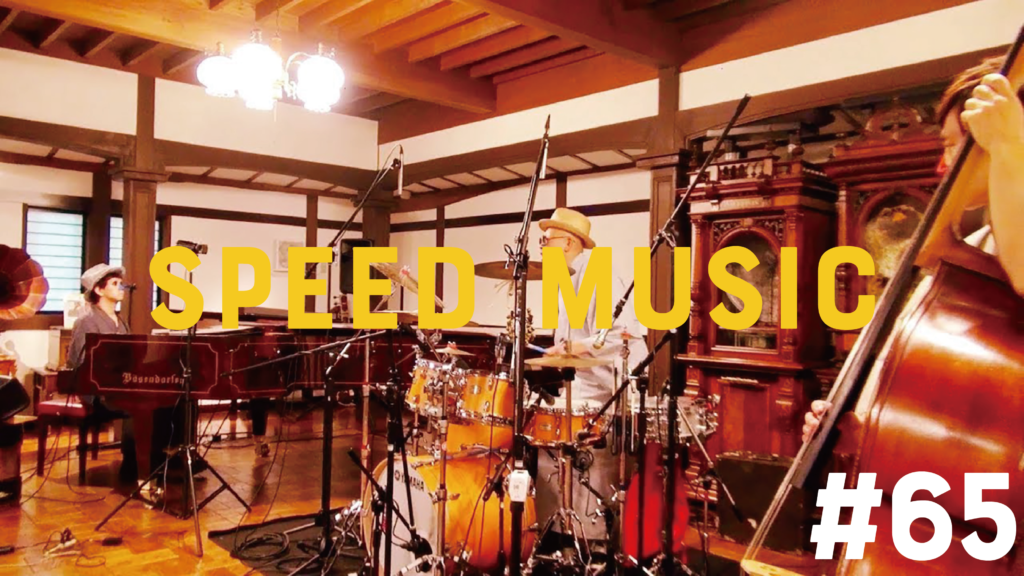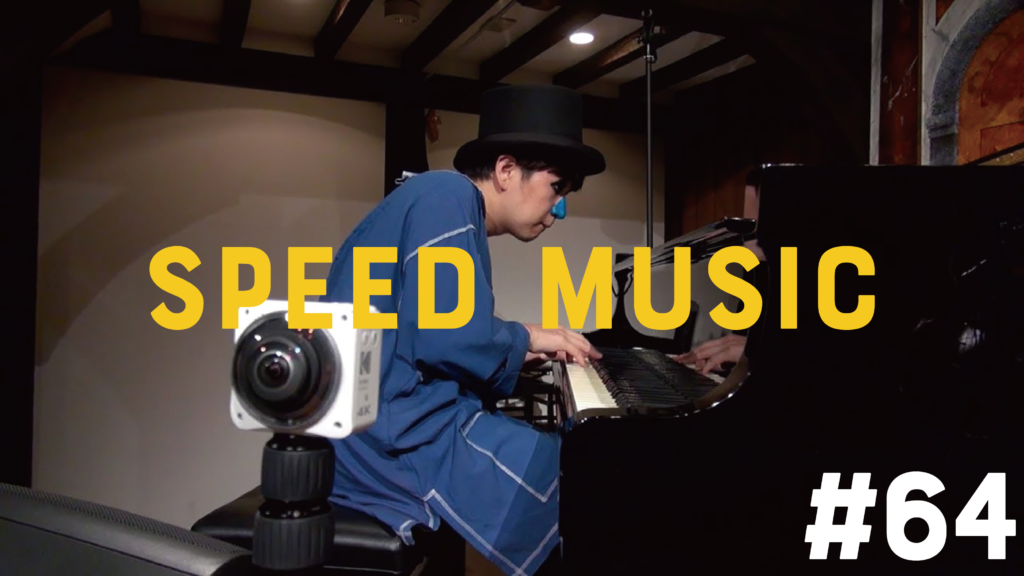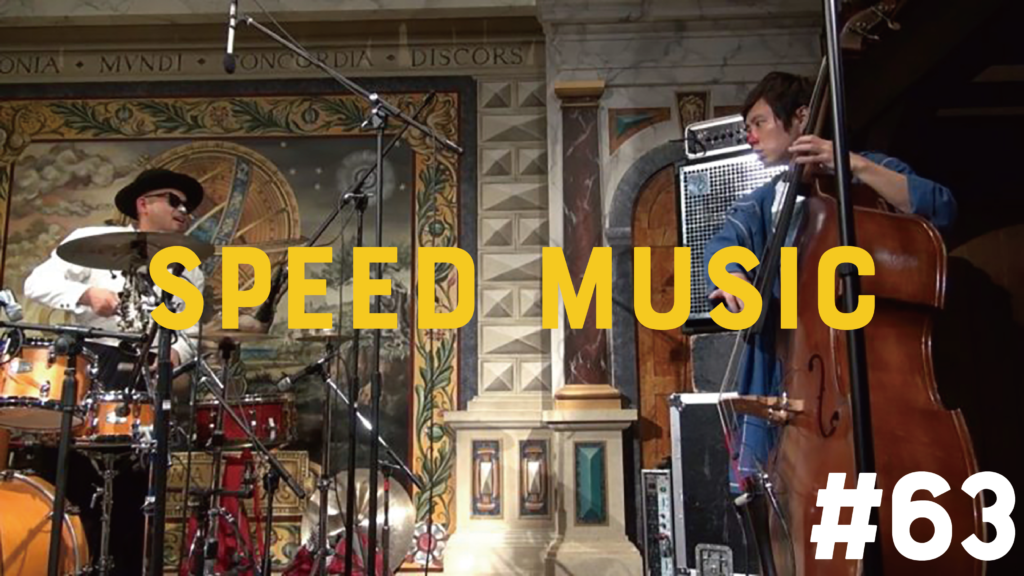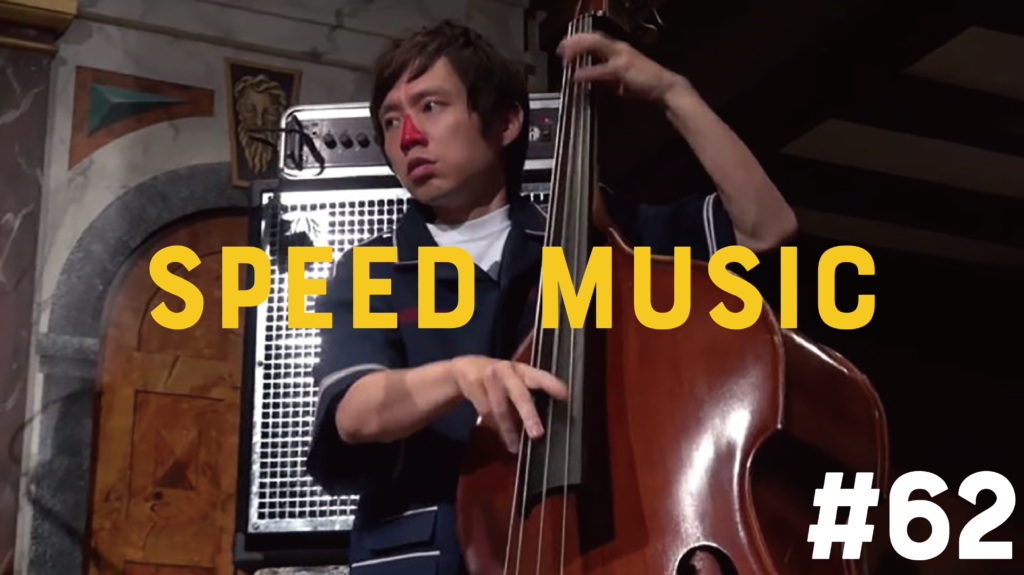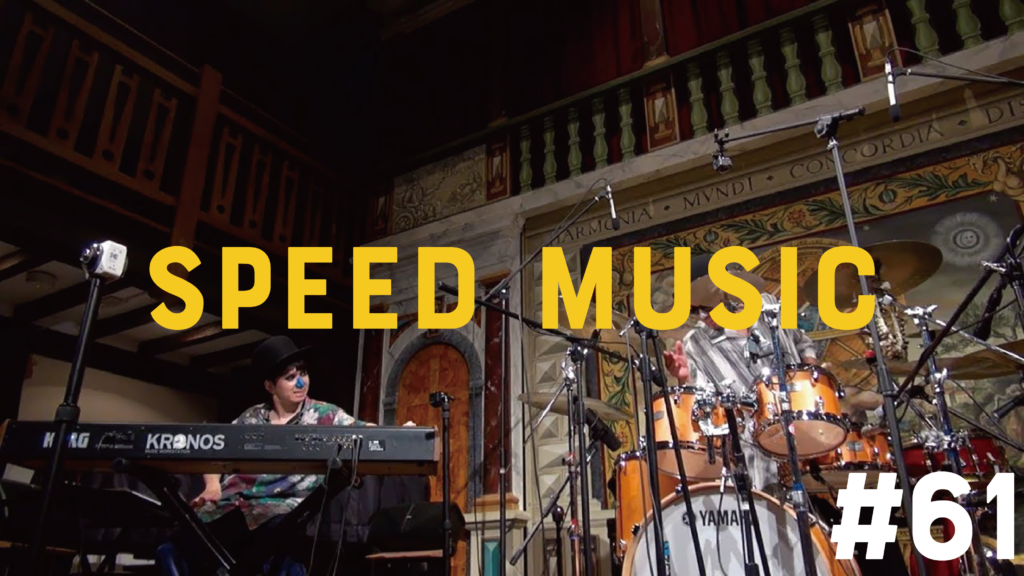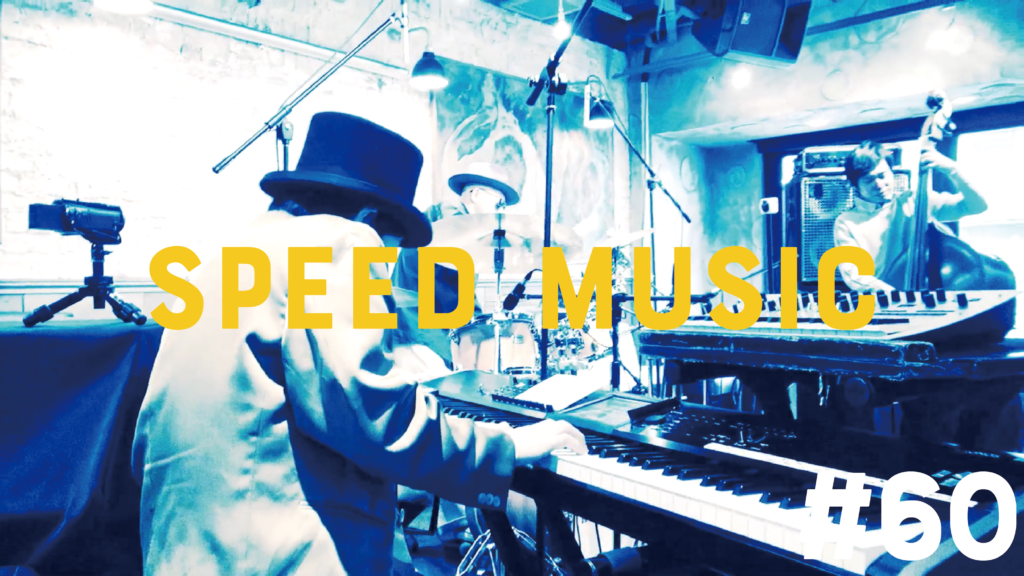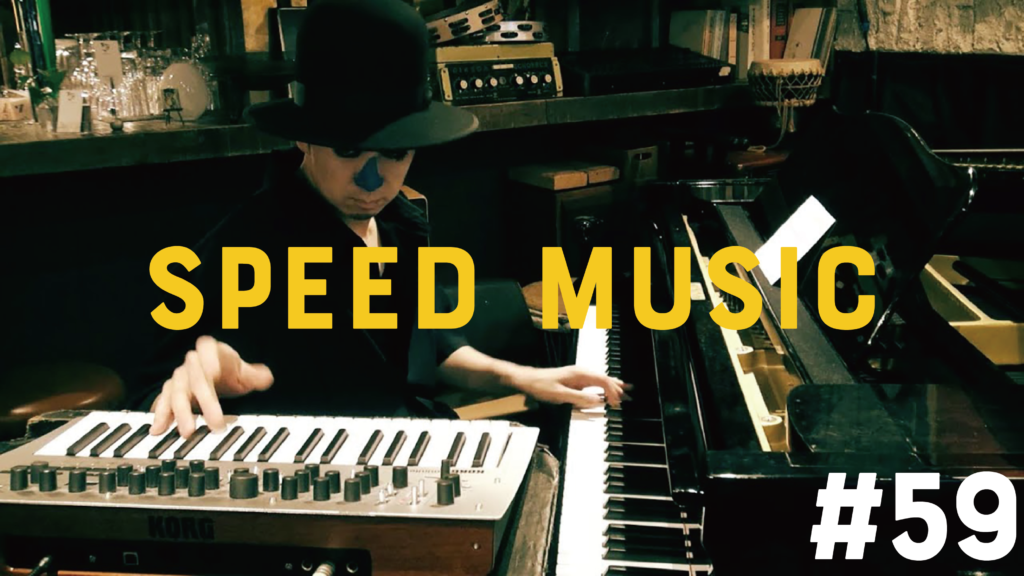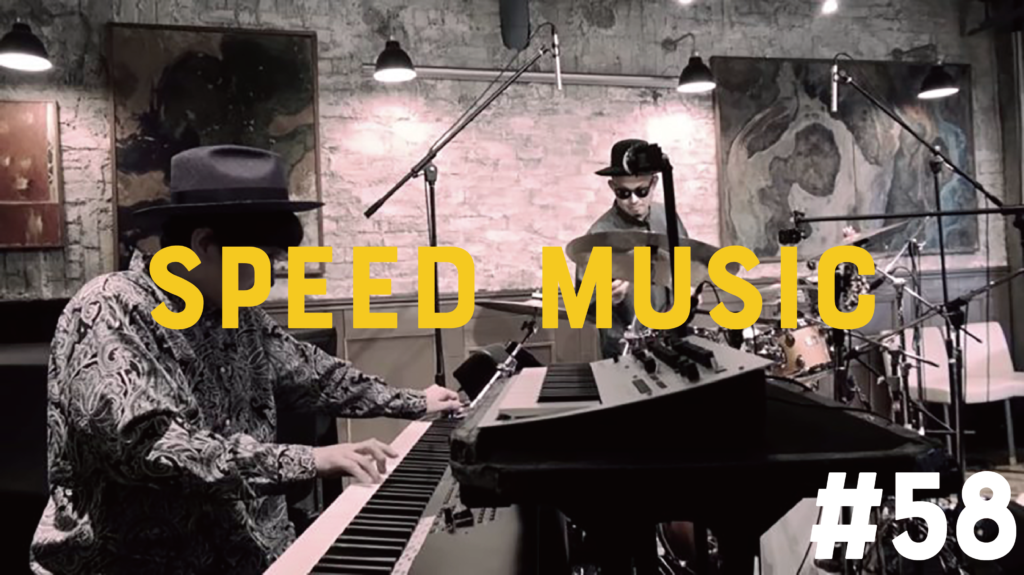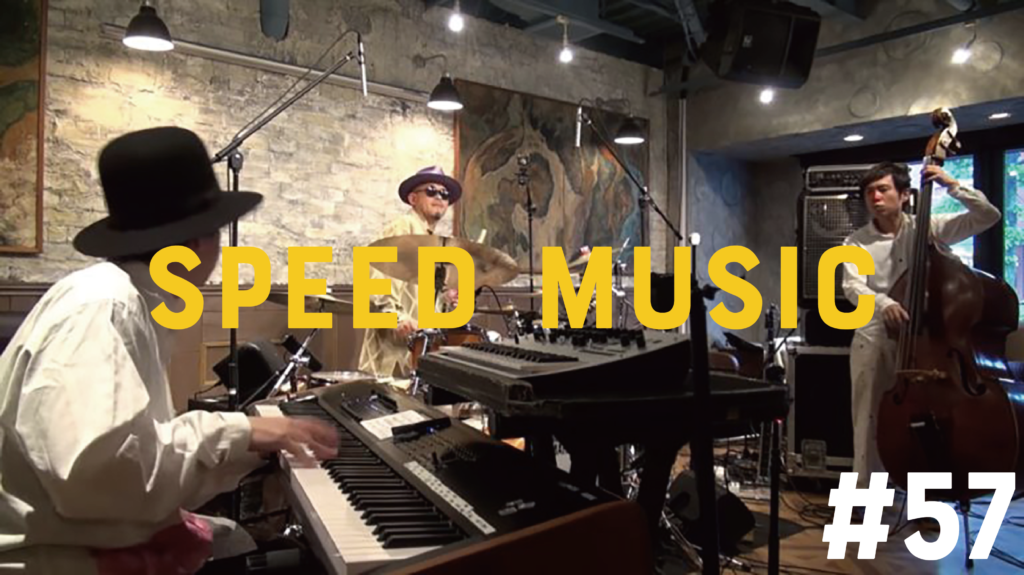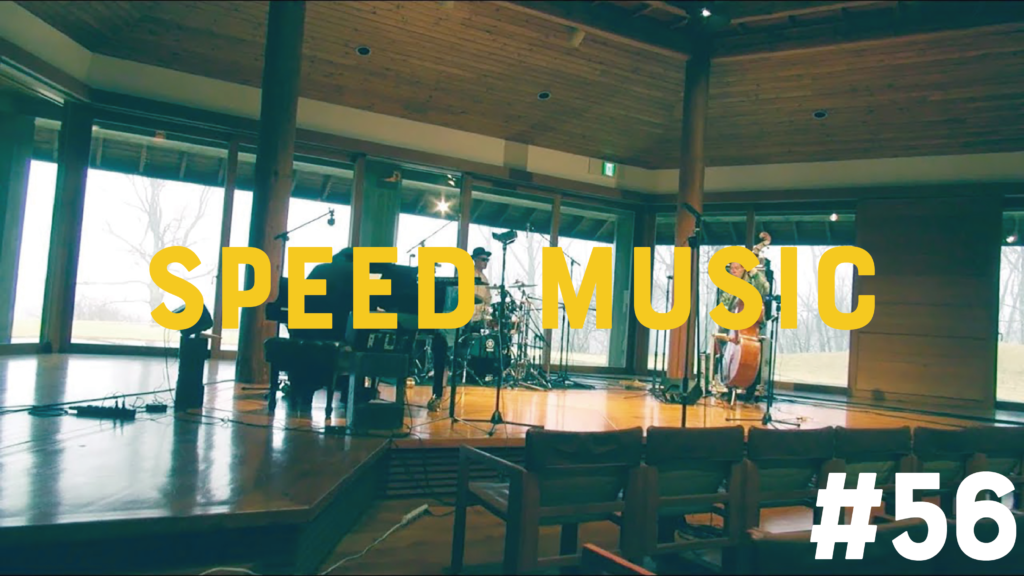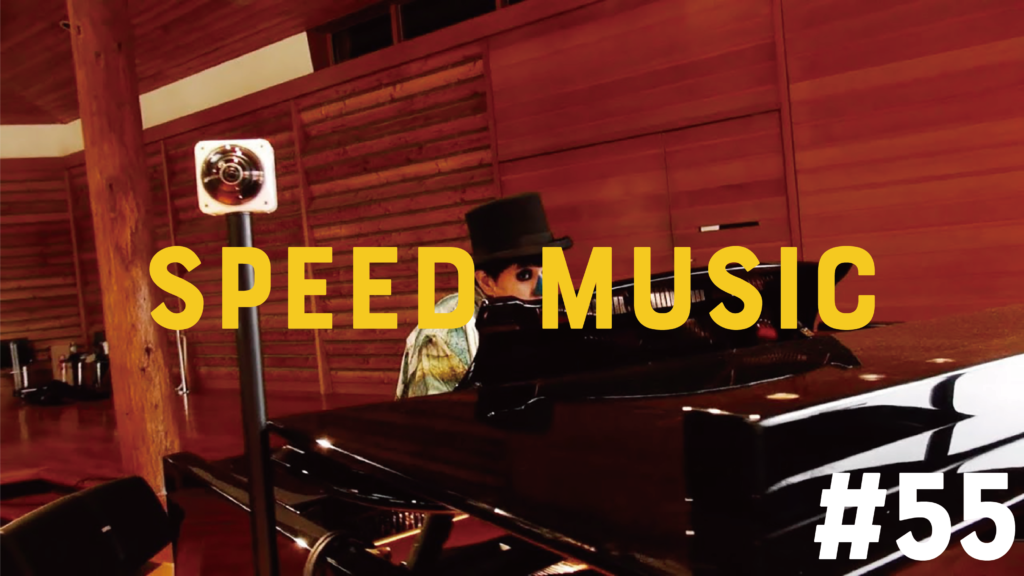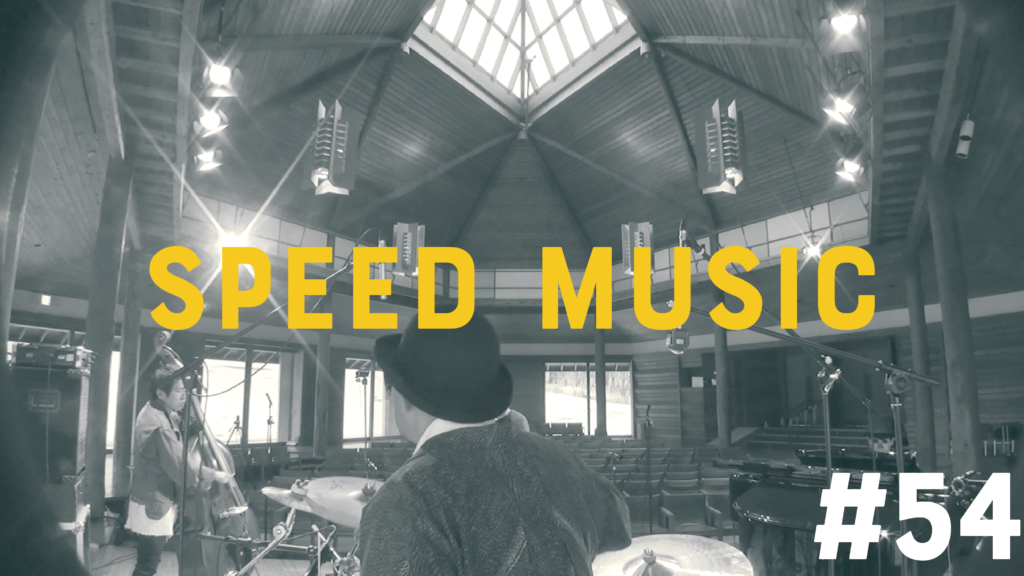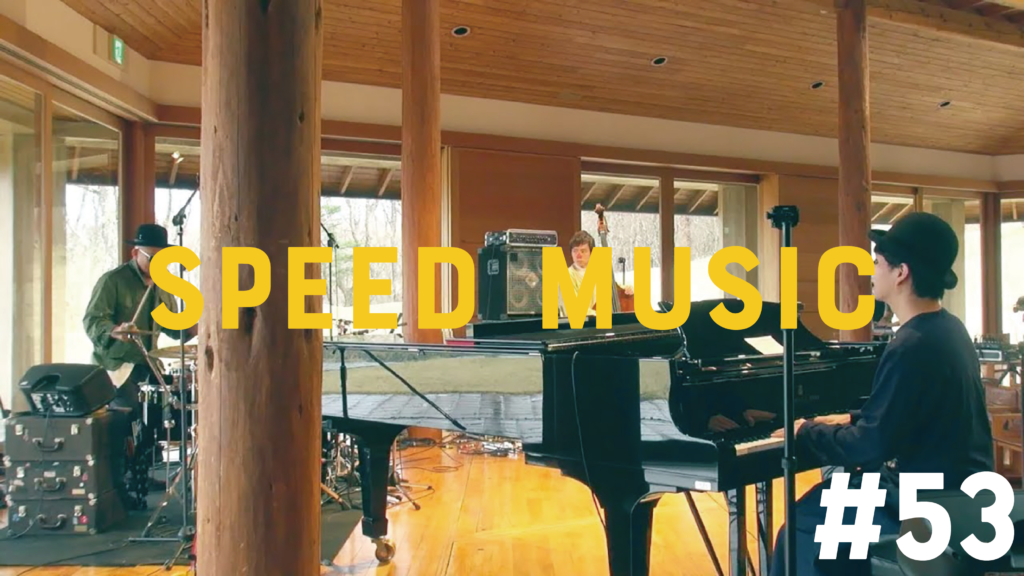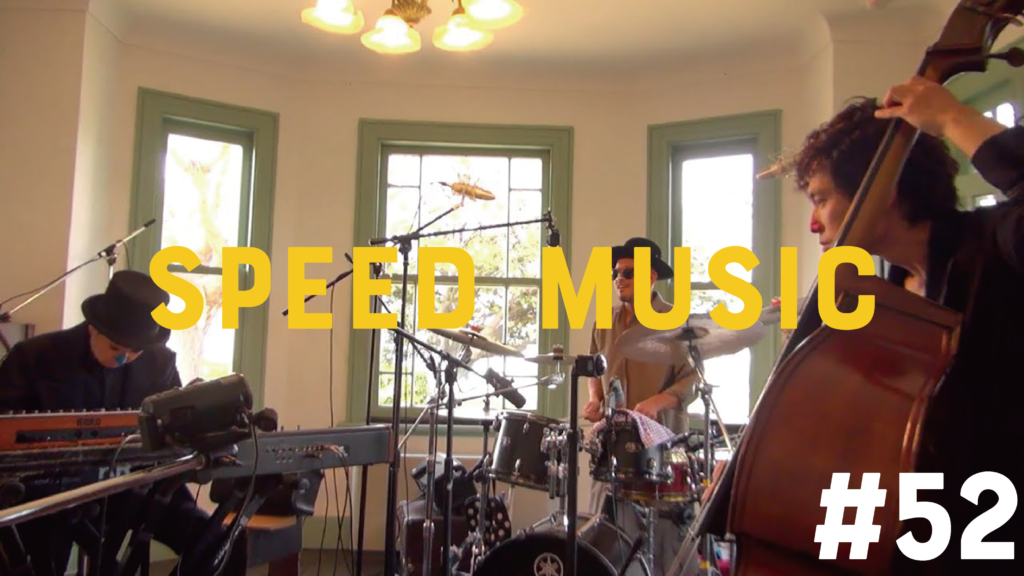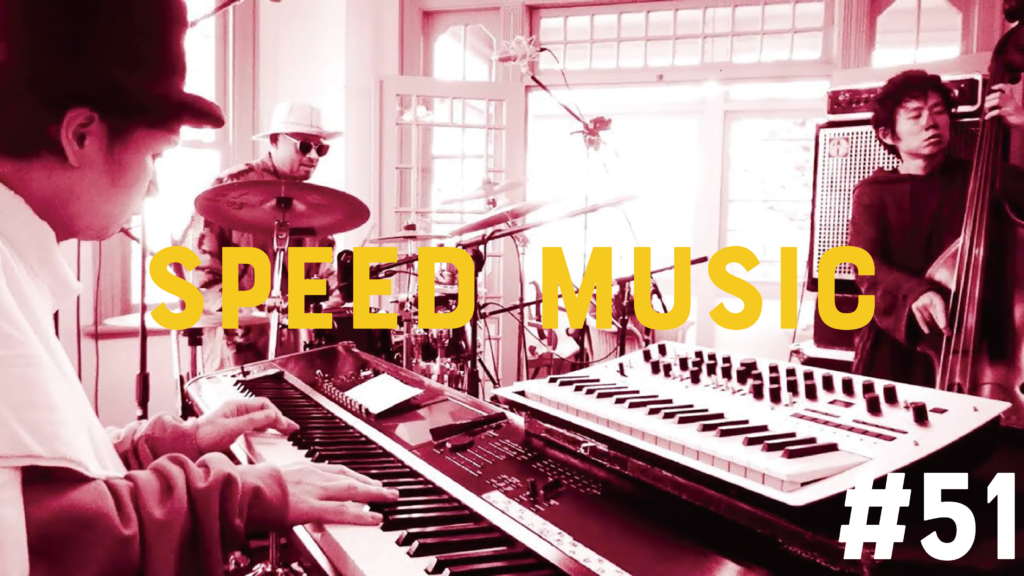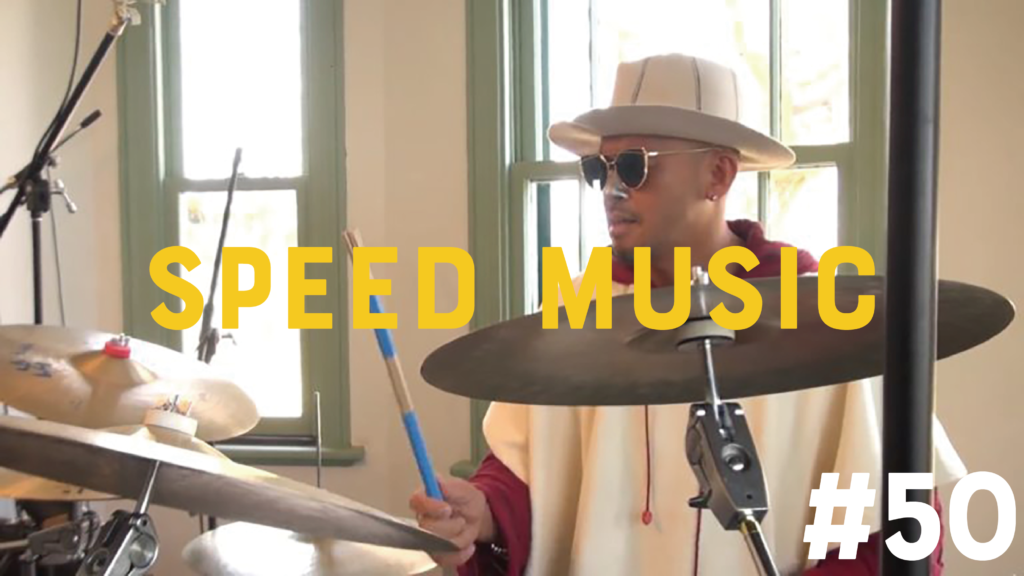#54 上を向いて歩こう / 坂本九 by H ZETTRIO
元々は中村八大が1961年7月21日に開催した自身のリサイタルのために制作した楽曲であったが、曲直瀬信子の推薦により、坂本九のシングル曲としてレコーディングされることになった。1994年以後、日本の音楽教科書にも何度か掲載されている。2007年3月4日、茨城県笠間市のJR常磐線友部駅において発車メロディーに、2008年12月20日、神奈川県川崎市にある京急川崎駅で接近メロディーに、2016年12月10日、同じ神奈川県川崎市にあるJR川崎駅の東海道線で発車メロディーに採用される。(フリー百科事典 ウィキペディア日本語版より:https://x.gd/aagL4)
The song was originally created by Hachidai Nakamura for his own recital held on July 21, 1961, but upon the recommendation of Nobuko Manase, it was decided to be recorded as a single by Kyu Sakamoto. Since 1994, it has been featured in Japanese music textbooks several times. On March 4, 2007, the departure melody was used at JR Joban Line Tomobe Station in Kasama City, Ibaraki Prefecture.On December 20, 2008, the approach melody was used at Keikyu Kawasaki Station in Kawasaki City, Kanagawa Prefecture.December 10, 2016. , which is also used as the departure melody on the Tokaido Line at JR Kawasaki Station in Kawasaki City, Kanagawa Prefecture. (From the Japanese version of Wikipedia, the free encyclopedia: https://x.gd/aagL4)
